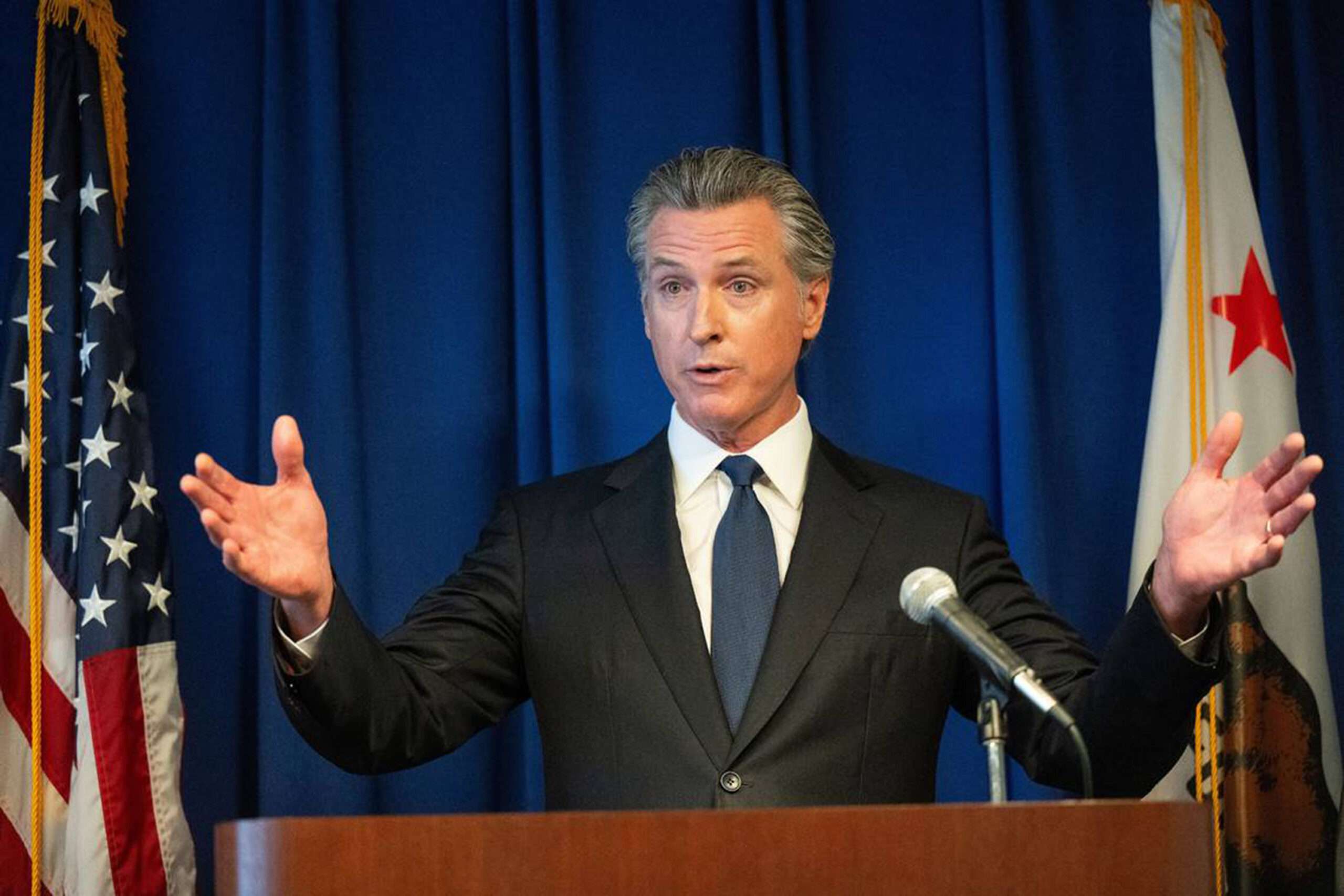In a rare win for freedom in California, Governor Gavin Newsom decided not to sign Senate Bill (S.B.) 961 into law. This bill would have required all passenger vehicles made after the 2030 model year to beep whenever the driver exceeded the speed limit by more than 10 miles per hour. However, Newsom did not veto the bill due to regulatory overreach but because it would interfere with the National Highway Traffic Safety Administration (NHTSA).
In a press release on Saturday, Newsom expressed concerns that having specific vehicle rules in California would contradict the federal framework established by the NHTSA. This move was surprising considering Newsom’s recent promotion of California’s regulations on GenAI technology.
Senator Scott Wiener, the bill’s author, was disappointed with Newsom’s decision. In his own press release, Wiener criticized the veto, stating that it was a setback for street safety in California despite data showing a decline in traffic deaths.
Although the NHTSA claims a crisis in pedestrian vehicle deaths, data indicates a steady decrease in per-capita pedestrian deaths over the years. The trend in all motor vehicle crash deaths mirrors this decline, as shown by the Insurance Institute for Highway Safety data.
Wiener argued that Newsom’s veto would expose Californians to unnecessary risks of fatality, although the risk posed by falls is higher than that of motor vehicle crash deaths. He also referenced the European Union’s regulations to justify the bill, noting Wisconsin’s historical seatbelt mandate as an example of state-based legislation addressing public concerns.
Newsom and Wiener represent contrasting views on regulation, with Newsom vetoing the bill but resisting federalism in this case, while Wiener supported the bill but endorsed a state-based regulatory approach.




